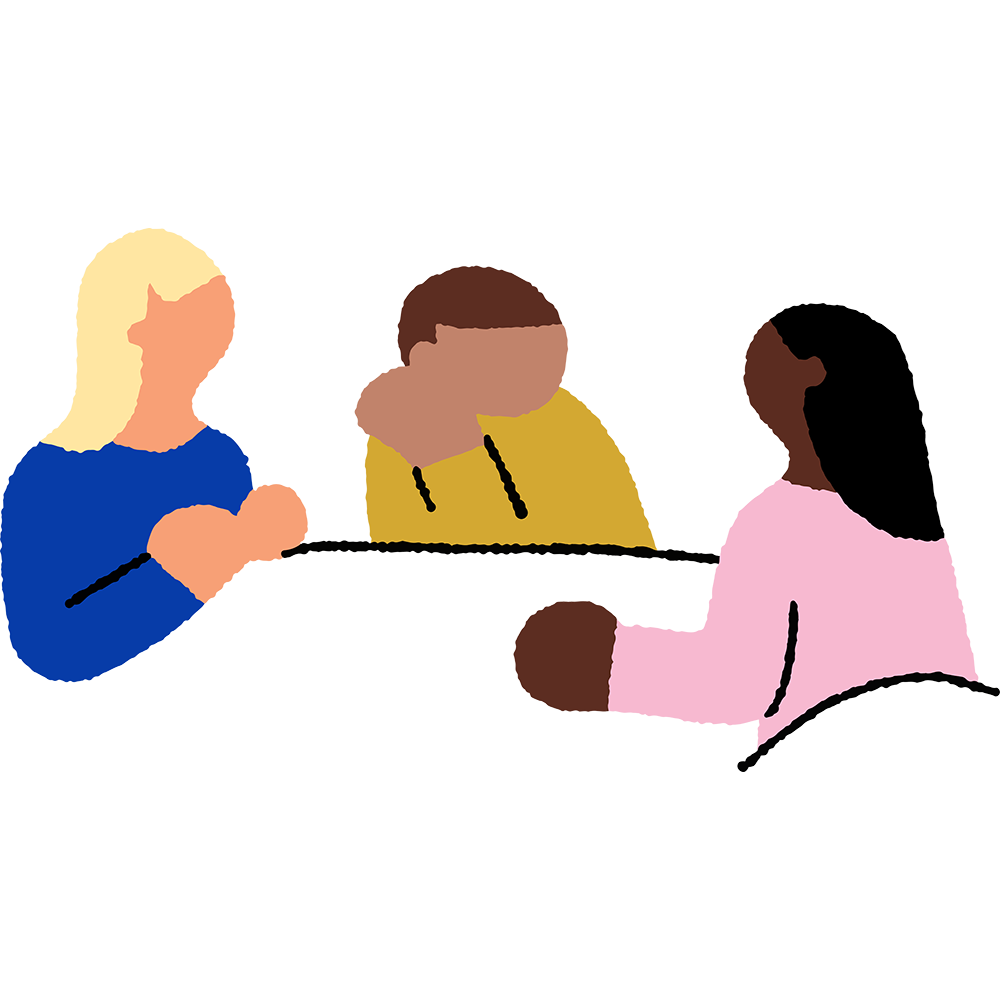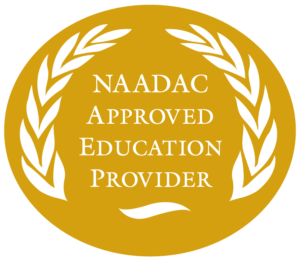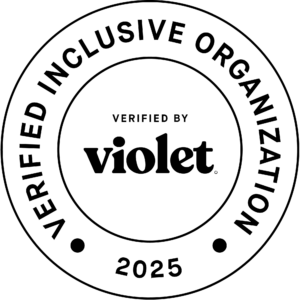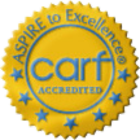Treatment for Prescription Drug Addiction
Prescription medications can be life-changing. However, some medications—especially opioids, CNS depressants (like benzos), and stimulants—carry a risk of addiction when misused or taken long-term. What starts as a prescribed treatment can sometimes lead to dependence, making it difficult to stop without support.
Recovery doesn’t end with detoxing from an addiction, it also includes addressing the causes of your addiction and learning better tools to cope with difficult things. At Eleanor Health, our recovery services for prescription drug addiction include therapy and peer support as well as detox to help you get better. All our services are available online. Reach out today to get started!








